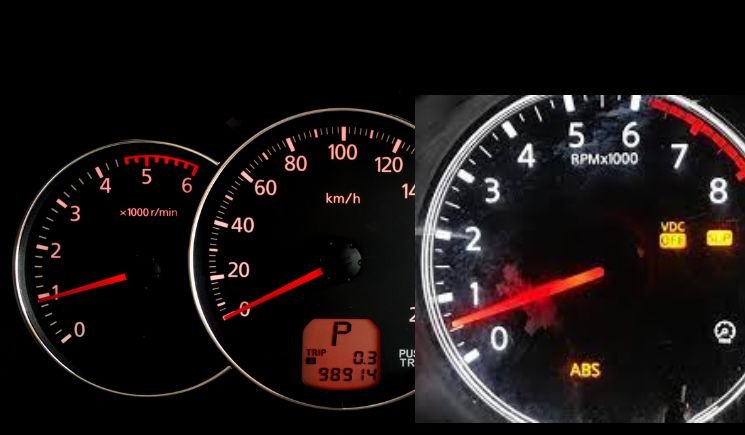Seeing both the VDC OFF and SLIP warning lights lit up simultaneously in your Nissan Altima indicates a severe issue requiring prompt diagnosis. While the Vehicle Dynamic Control (VDC) system helps improve driving stability. When it’s off and accompanied by the slip indicator, it means a malfunction needs to be addressed.
In this article, we’ll cover what common problems cause the VDC OFF and SLIP lights to illuminate together and the steps to troubleshoot and resolve the issue. We’ll outline potential solutions, from wheel speed sensor replacement to ABS module repairs.
Understanding the meaning behind both dashboard lights coming on will help to guide a proper maintenance. So let’s explore the fixes when your Altima’s stability control system is offline while the slipping is on.
Common Problems That Can Cause The VDC OFF And SLIP Lights To Simultaneously Illuminate In A Nissan Altima
Wheel speed sensor failure
- Damaged wheel speed sensors provide incorrect input to the VDC system. Causing it to turn off and the slip indicator to activate.
ABS control module issues
- The ABS module managing the wheel speed sensors can malfunction and shut off the VDC while falsely triggering the slip light.
Steering angle sensor fault
- This critical sensor monitoring the steering wheel position can fail and force VDC deactivation while signaling a skid condition.
Low brake fluid
- Insufficient brake fluid turns off the VDC, and when the ABS hydraulics needs for stability management, it will activate the slip light.
Brake system malfunction
- Problems like stuck calipers or brake line leaks may lead to VDC issues, and stability control will deactivate due to limited braking ability.
Suspension problems
- Damaged or broken suspension components will cause steering and handling issues by deactivating the VDC system while activating the slip light.
Electrical faults
- Shorts, blown fuses, or wiring issues that disrupt the VDC controller or sensor inputs will shut the system down, along with the slip light on.
Troubleshooting Steps And Solutions For VDC OFF And SLIP Warning Lights To IlluminateTogether In A Nissan Altima
- Scan for diagnostic trouble codes to retrieve any ABS/VDC-related codes by pointing to the faulty component causing the dual warning lights.
- Check sensors at each wheel for any damage and replace any sensor flagged by trouble codes.
- Unplug and check voltage signals from the steering angle sensor; replace them if values are erratic or incorrect in range.
- Top up low brake fluid levels and address leaks or moisture contamination, which contributes to VDC deactivation.
- Inspect brake pads, rotors, calipers, hoses, and lines for damage, leaks, or sticking that is likely to turn off stability control.
- Replace any damaged, cracked, or severely worn suspension components that contributes to handling issues.
- Look for shorts, damaged wiring, and blown fuses that could interrupt power and ground connections to the ABS module, sensors, or VDC controller.
Frequently Asked Questions About VDC Off-Slip Nissan Altima
Q: Can I keep driving my Altima if this issue is on board?
A: It’s not recommended to continue driving as the stability control is disabled. Therefore, have the cause diagnosed and resolved promptly.
Q: Will the VDC off and slip lights coming on cause any performance issues?
A: You may notice changes in handling and braking with stability management being disabled, but you wouldn’t notice any acceleration being impacted directly.
Q: Is it safe to perform hard braking with the VDC off and slip indicator on?
A: No, avoid hard braking; as the ABS and stability management systems are offline, it is best to drive cautiously.
Q: How soon should I get my Altima repaired after the dual lights come on?
A: Repairs should be done immediately to restore stability control and confirm that the brakes are in proper working order.

